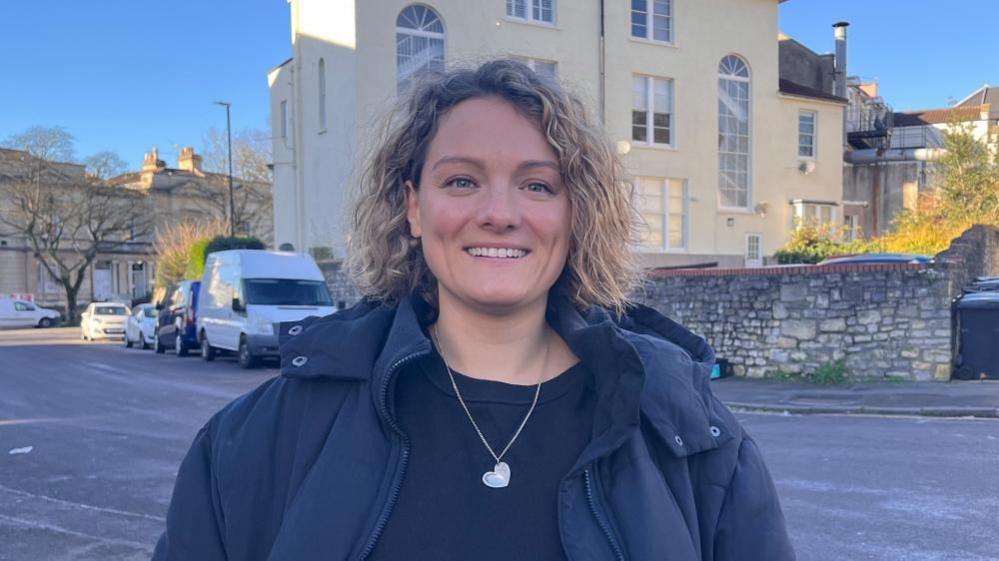'Doctors said I only had one year to live'
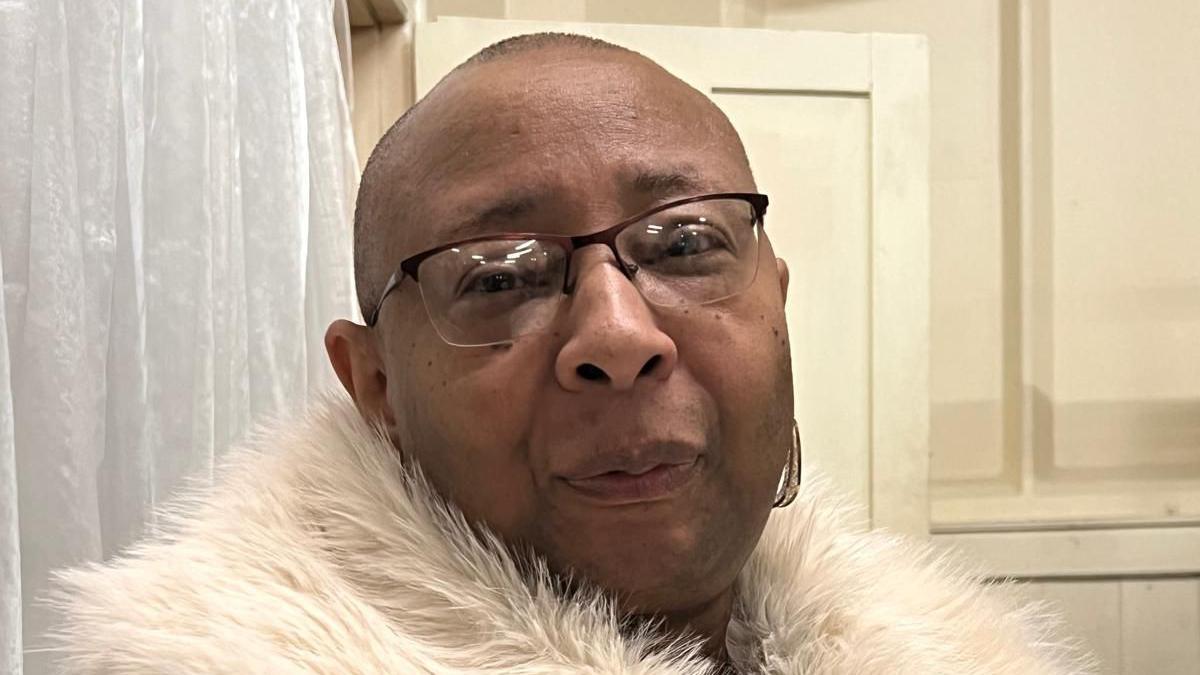
Marsha said she thought her symptoms were due to an early menopause
- Published
When Marsha McCarty-Coombs was diagnosed with Conn's Syndrome at the age of 39, doctors told her to "get her papers in order" as she may have less than one year left to live. Now at 59, she has surpassed all health expectations.
"I'm just so happy and grateful to be alive," said Marsha, who is originally from Bristol but now lives in London.
Conn's Syndrome, also known as primary aldosteronism, external, is a condition that causes high blood pressure due to excessive production of the hormone aldosterone by the adrenal glands.
She has launched an affordable jewellery brand as a way to give back to the community of Bristol by raising money for local charities.
Marsha's battle began in 2005 when she collapsed at her London home and was rushed to hospital.
Despite spending six months at Park Royal Hospital, doctors were unable to identify the cause of her illness.
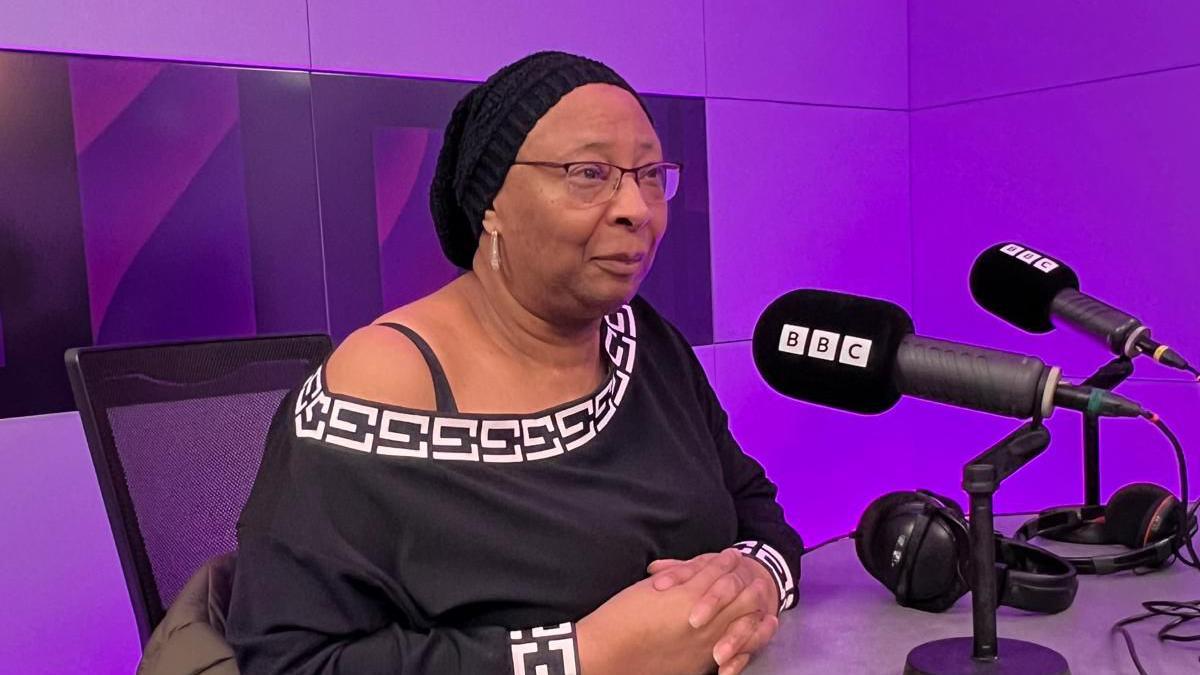
Marsha McCarty-Coombs was diagnosed with Conn's syndrome in 2005
"They told me to go home and get my papers in order because they didn't believe I would live to see 40," Marsha recalled.
But instead of preparing for the worst, she planned a family reunion and a 40th birthday celebration, determined to embrace life.
What is Conn's syndrome?
After enduring numerous tests and consultations, she was finally diagnosed with Conn's Syndrome.
The Cleveland Clinic estimates that 5% to 10% of adults with high blood pressure have this condition, external, which is more prevalent in women.
Symptoms include low potassium levels, high blood pressure, headaches, muscle cramps and excessive thirst.
However, many individuals, including Marsha, do not recognise the symptoms.
"When they diagnosed me, I wasn't looking for symptoms. I just thought it was early menopause," she said.
The condition led to severe complications, including uncontrolled bleeding that led to a hysterectomy.
Marsha has since also been diagnosed with Cushing's Syndrome, external, another hormonal disorder caused by excessive cortisol levels.
This condition has led to the development of non-cancerous tumours, including two found on her brain and another on her vocal gland.
Due to the risk of spreading, doctors have opted not to remove the latter.
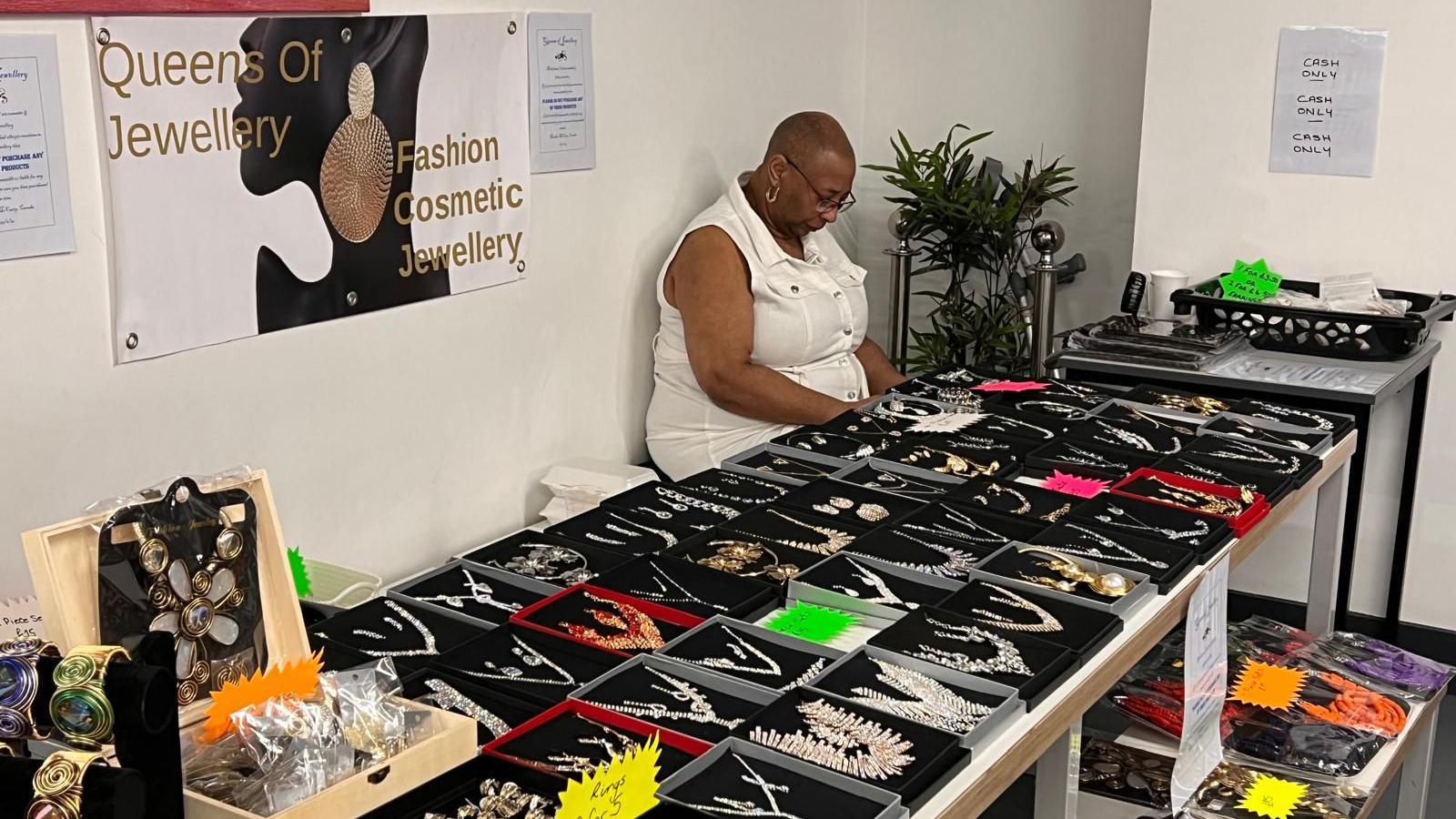
Marsha has a jewellery brand called 'Queens of Jewellery'
Despite her health struggles, Marsha said she tries to remain positive.
She founded an affordable jewelry brand, Queens of Jewellery, to support low-income families while raising funds for charities across the West of England.
Her products range from 50p to £25, ensuring accessibility for all.
"As a single mum, I know the struggle of choosing between a loaf of bread and treating yourself.
"I wanted to create something affordable for everyone," she explained.
Her efforts have supported charities such as Missing Link, a Bristol-based domestic abuse organisation.
Marsha said managing her condition has been challenging but she has now reduced her medication intake from 32 tablets a day to eight with the support of a pharmacist.
"I go into hospital every six months for tests, and every year my consultant reminds me that I shouldn't still be here," she said.
Despite losing her hair, mobility, and battling arthritis, Marsha said she remains calm.
"I've learned how to deal with pain, and I'm just so grateful to be alive," she said.
She said her family and her husband had been a constant source of strength, standing by her side without "coddling" her.
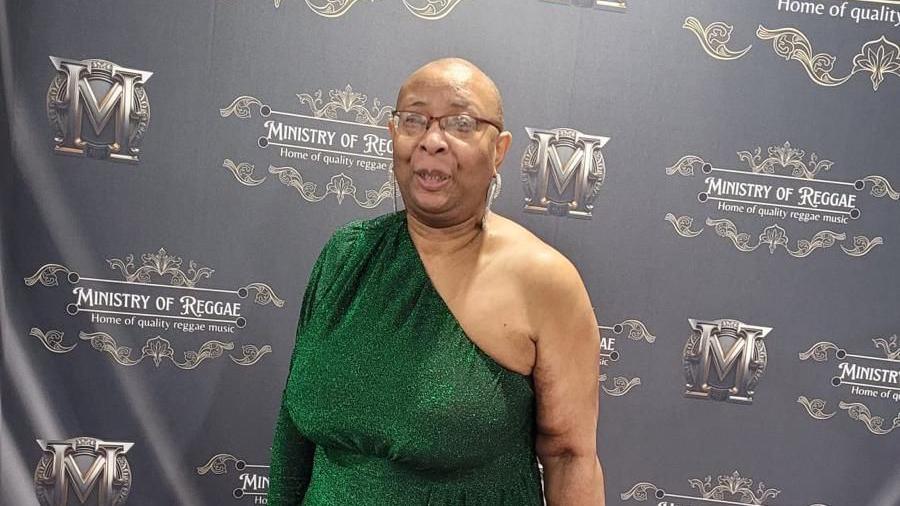
"It's not going to beat me," says Marsha
Get in touch
Tell us which stories we should cover in Bristol
Follow BBC Bristol on Facebook, external, X, external and Instagram, external. Send your story ideas to us on email or via WhatsApp on 0800 313 4630.
- Published26 February 2024
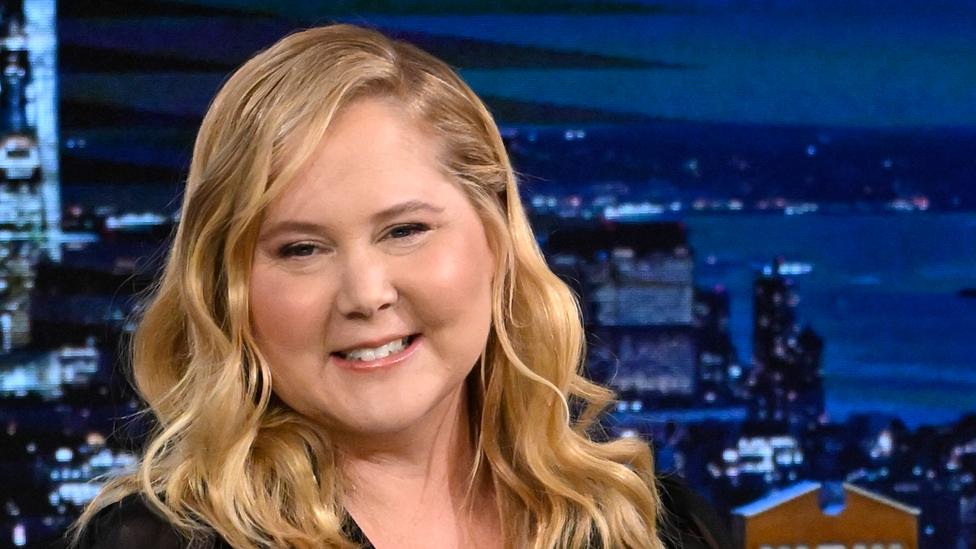
- Published21 January
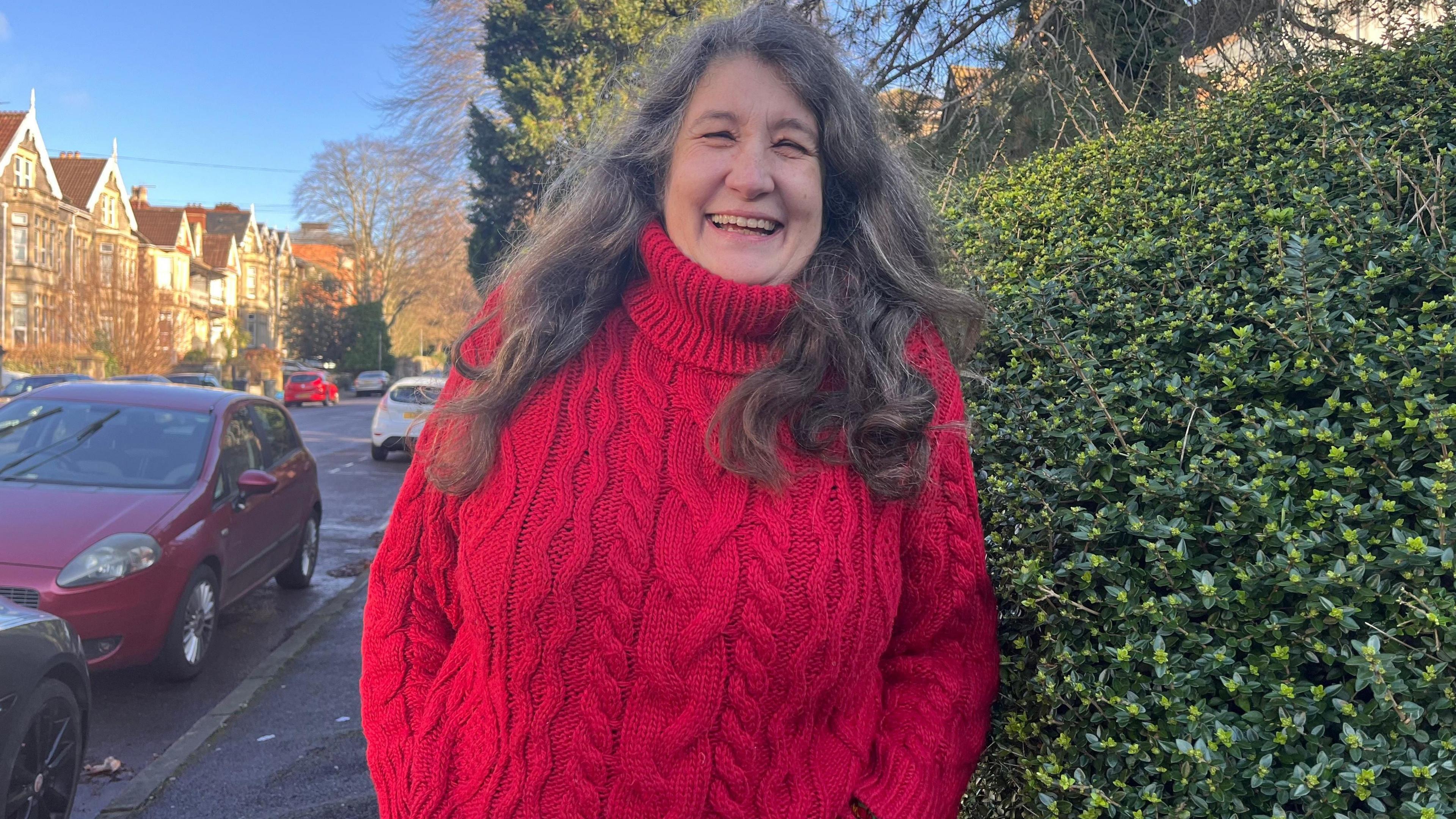
- Published10 January
